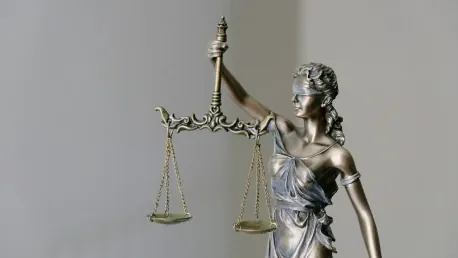ChatGPT’s new image-generation tool has driven global user activity to all-time highs. This surge follows the introduction of a feature allowing users to create images in the signature style of Japanese animation studio, Studio Ghibli. Developed by OpenAI, ChatGPT hit record usage levels with users creating AI-generated images reminiscent of celebrated Studio Ghibli films like “Spirited Away.” The viral trend revealed not only the tool’s capabilities but also stressed OpenAI’s infrastructure, leading to temporary slowdowns.
Social media flooded with Ghibli-style images, and usage data indicates ChatGPT’s weekly active users surpassed 150 million this year. OpenAI CEO Sam Altman reported that the platform gained one million users in a single hour in April, highlighting the tool’s booming popularity. Metrics from SensorTower show significant jumps in app activity, with downloads increasing by 11%, active users by 5%, and revenue by 6%. This spike led to some service disruptions as OpenAI works to manage capacity.
The trend has also prompted legal discussions around copyright. Many experts are concerned about the legality of mimicking distinctive artistic styles. Legal ambiguity persists, particularly given the unique replication of iconic styles like Ghibli’s. Adding to this debate, Studio Ghibli’s co-founder Hayao Miyazaki has openly criticized AI-generated art.
Data privacy and security concerns have also arisen. Critics caution that uploading images could expose biometric data, and these platforms often store and use the data. OpenAI’s privacy policy allows the collection of user data to improve future AI models, which raises potential risks like identity theft. Historical breaches in private image datasets serve as warnings.
The success of ChatGPT’s new image generator showcases AI’s potential but also highlights the risks of copyright infringement. The balance between innovative AI-driven creativity and legal rights remains delicate. Users are urged to carefully read terms of service, which often include extensive content licenses.
While ChatGPT’s innovations excite users globally, it is vital to consider the legal, privacy, and data usage implications. As AI technology progresses, understanding associated risks is crucial for navigating this evolving digital landscape. Transparent privacy policies and informed user decisions will be essential moving forward.









